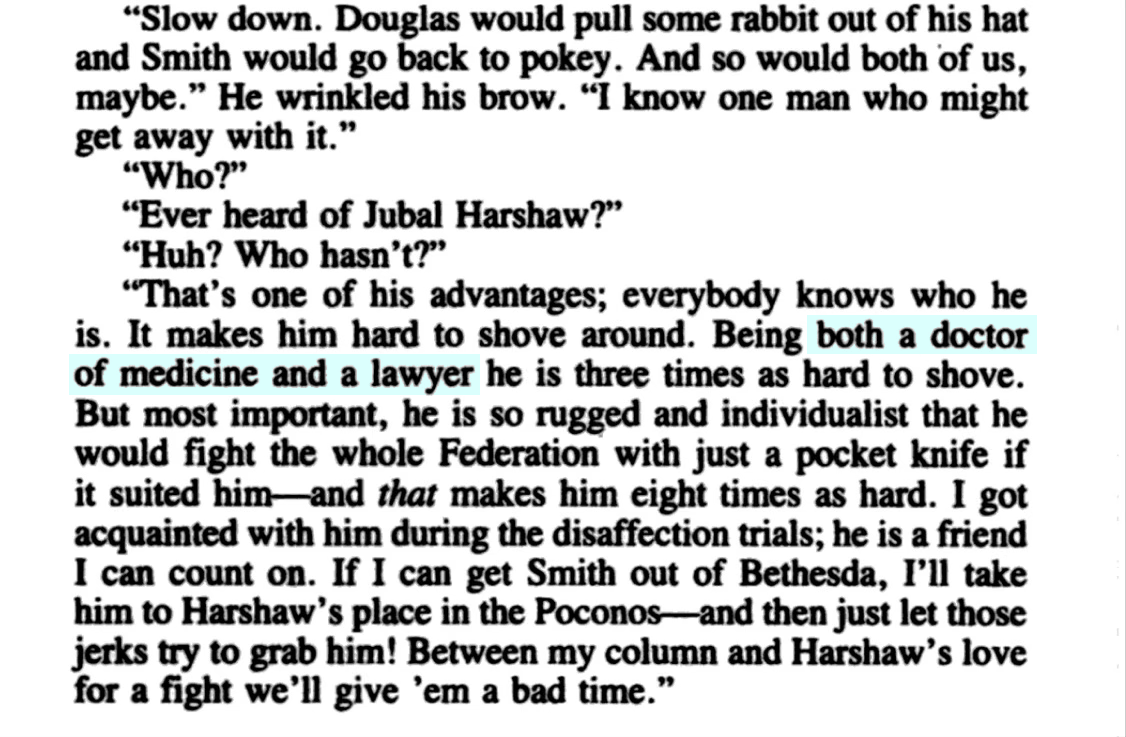Background:
In 1961 Robert A. Heinlein wrote Stranger in a Strange Land; it was a seminal book, a must-read in the college-semi-hippie milieu I circulated in back in the late '60s. The book introduced the concept of 'grok'. To grok someone was to so thoroughly empathize with/relate to that person that one merged with them.
The story:
The other day I was driving in my car, listening to some Tchaikovsky on Sirius XM's Symphony channel, minding my own business, when a particular passage suddenly became a bolt out of the blue. I already had a decent understanding of what Tchaikovsky was doing in music theory terms.
The ball lightning strike - it was no less -was that I understood why he was choosing to do certain things.
The music told me what he had to have been thinking. In other words, I was grokking one of the great orchestral masters!
This never happened to me before listening to orchestral music.
I don't know if this is a by-product of doing all that orchestral composing lately, but something damn sure happened!
In 1961 Robert A. Heinlein wrote Stranger in a Strange Land; it was a seminal book, a must-read in the college-semi-hippie milieu I circulated in back in the late '60s. The book introduced the concept of 'grok'. To grok someone was to so thoroughly empathize with/relate to that person that one merged with them.
The story:
The other day I was driving in my car, listening to some Tchaikovsky on Sirius XM's Symphony channel, minding my own business, when a particular passage suddenly became a bolt out of the blue. I already had a decent understanding of what Tchaikovsky was doing in music theory terms.
The ball lightning strike - it was no less -was that I understood why he was choosing to do certain things.
The music told me what he had to have been thinking. In other words, I was grokking one of the great orchestral masters!
This never happened to me before listening to orchestral music.
I don't know if this is a by-product of doing all that orchestral composing lately, but something damn sure happened!


